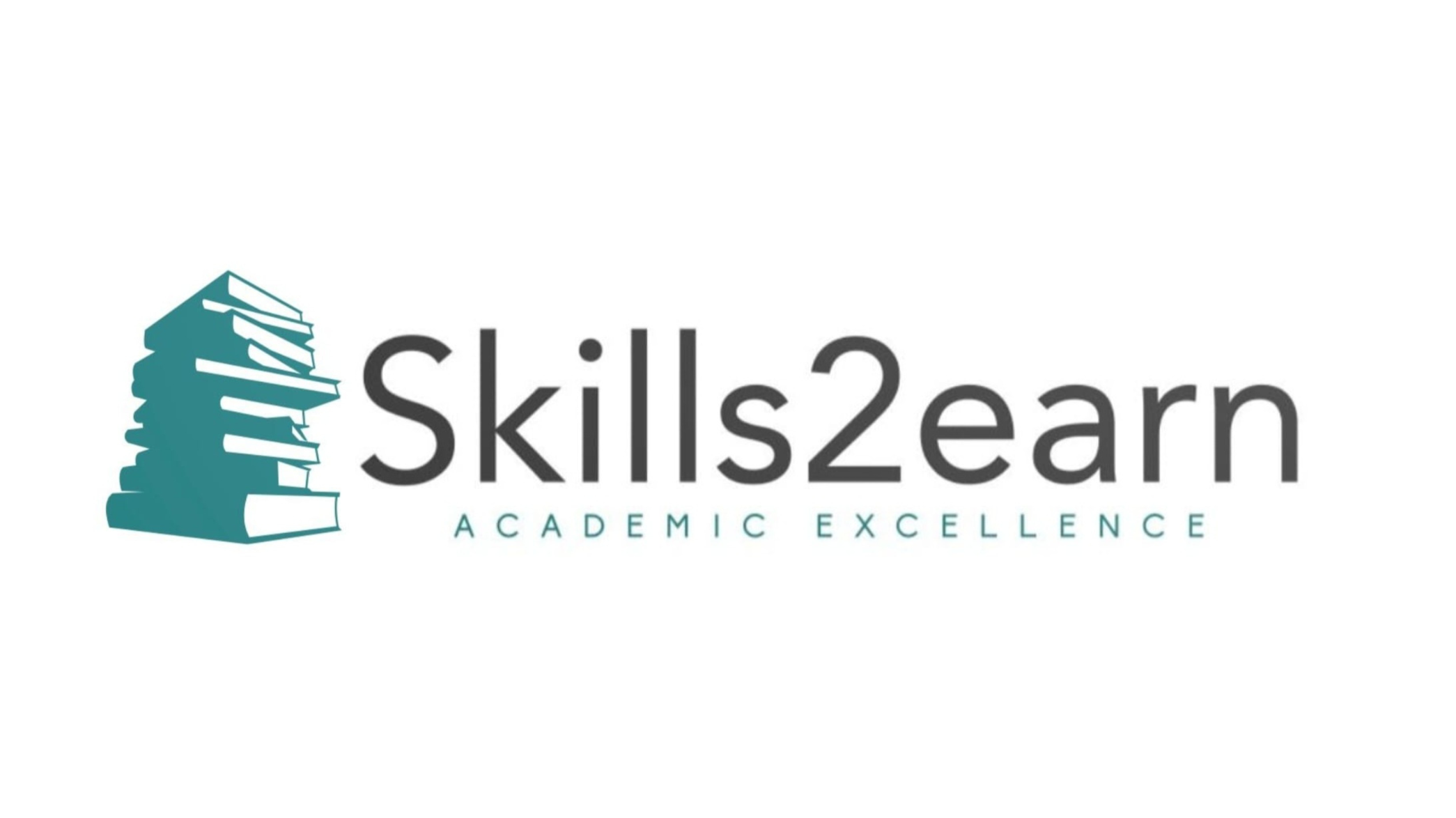- Home
- About Us
- Services
- Courses
- Business Management
- Health and Care Management
- Accounting and Finance
- Criminology and Psychology
- LLB
- Computing
- Project Management
- Construction Management
- Business Skills for the Workplace (CertHE)
- Health Skills For Workplace (CertHE)
- Computing Skills for the Workplace (CertHE)
- BA/BSc (Hons) Music Business Degree
- BA (Hons) Content Creation and Digital Marketing
- BA/BSc (Hons) Film Production Degree
- BA/BSc (Hons) Game Design Degree
- Skills Studio
Course Details
- Home
- Course Details
EXCELLENTTrustindex verifies that the original source of the review is Google. Jay & Ian have been easy to work with and have assisted me in progressing further in my future and potential career so I am very grateful for themTrustindex verifies that the original source of the review is Google. Amazing support and help from Ian and jay highly recommend and have made my application a smooth easy process for me and have explained everything in detail ThankyouTrustindex verifies that the original source of the review is Google. Excellent service and communication! My agent was very patient with questions ect. Ian made the experience very easy and straightforwardTrustindex verifies that the original source of the review is Google. The best service I’ve had and everyone was so respectful and understanding which I am great full forTrustindex verifies that the original source of the review is Google. My agent at Skills2Earn, Jay, has been fantastic, he has gone over and above the call of duty time and time again for me. I didn't think I would ever be able to go to University as I was in the Royal Navy and Marines straight out of school but this company, and particularly Jay, have made a lifelong dream possible. Can't thank them enough!Trustindex verifies that the original source of the review is Google. Very good company everything is always done on time help and support is always given whenever neededTrustindex verifies that the original source of the review is Google. Thanks James for helping me to get admission to the uni and I really appreciate your help and support 🙏 n God bless you,and to study some new in my lifeTrustindex verifies that the original source of the review is Google. Trustindex verifies that the original source of the review is Google. I got in to university they are so helpful and they take time with you if you don’t understand somethingTrustindex verifies that the original source of the review is Google. I have got admission through university by the help of James. He was there for me in every step of my application. He was very supportive and helpful to me. Thank you so very much. I appreciate it. And hopefully I will recommend you to someone else.Verified by TrustindexTrustindex verified badge is the Universal Symbol of Trust. Only the greatest companies can get the verified badge who has a review score above 4.5, based on customer reviews over the past 12 months. Read more
Computing Degree

Key Factors Studying In The UK:
- Access To High Quality Education
- A Wide Range Of Courses
- You Will Get Skills You Need To Succeed
- You’ll Meet A Large Student Community
- Part Time Working While You Study
- Work Replacements
- You’ll Receive International Recognition For Your Degree
- Expertize English Language Skills
How To Apply Section Of Each University:
- Find A Course
- Contact Us To Help You With Your Application
- Get Your Required Documents Ready And Send Them To Our Team
- We Shall Apply To You
- You Will Be Notified By The University Once The Application Is Made
- Get A Conditional Offer
- Get Prepared For The Test If Needed
- Get Unconditional Offer
Campus/Location/London/Birmingham/Leeds/Manchester
- Fully Funded Courses Available
- Study at your own leisure
- Duration: 1/4 Years
- No Experience or Qualifications Necessary
- Intake Date: September/January/May
Have Any Question?
- 07301813052 / 0203 823 2859
- admin@skills2earn.co.uk
Course Details
Our award-winning curriculum has been designed to give you the modern
skill set needed to start your career on the right footing. Your course modules
have been freshly updated by our experienced computing faculty members,
ensuring you gain the expertise to excel in a wide range of rewarding roles.
Your modules take a hands-on approach to provide you with transferable
real-world skills for your future.
You’ll have the opportunity to master coding,
database and web document creation, data analysis, cloud computing, IT
project management, systems analysis soft skills, and more.
Our award-winning curriculum has been designed to give you the modern
skill set needed to start your career on the right footing. Your course modules
have been freshly updated by our experienced computing faculty members,
ensuring you gain the expertise to excel in a wide range of rewarding roles.
Your modules take a hands-on approach to provide you with transferable
real-world skills for your future. You’ll have the opportunity to master coding,
database and web document creation, data analysis, cloud computing, IT
project management, systems analysis soft skills, and more.
During your foundation year you’ll study 6 modules that will prepare you with the
skills you need to move on to your full degree course. Then, over 3 years you’ll study a
total of 360 credit hours over seventeen modules. In years 2 and 3, you’ll study the
required ‘core’ modules and choose 2 ‘elective’ modules from a choice of 4 options.
This allows you to select specialised modules which cover topics that you want to
learn about the most.
Modules
Year 0 (Foundation Year)
● Preparing for University Success
● Exploring the Business Environment
● Advancing your Academic Skills
● Becoming an Effective Leader
● Planning for Your Future Success
● Investigation & Innovation Project
Year 1
● Introduction to Academic Skills and Professional Development (Core)
● Introduction to Computer Systems and Security (Core)
● Introduction to Databases (Core)
● Introduction to Programming (Core)
● Introduction to Web Authoring (Core)
● Productivity and Collaboration Tools for Learning and Work (Core)
Year 2
● Human Computer Interaction (Core)
● Data Analytics and Visualisation (Core)
● IT Project Management (Core)
● Systems Analysis and Design (Core)
Then choose either:
Technical route
● Advanced Databases (Elective) and
● Object Oriented Programming (Elective)
or
Managerial route
● Digital Business (Elective) and
● Ethics, Quality and Sustainability in Technological Environments
(Elective)
Year 3
● Data Mining (Core)
● Managing Innovation and Change (Core)
● Computing Project (Core)
● Then choose either:
Technical route
● Distributed and Cloud Computing (Elective)
● Web Application Development (Elective)
or
Managerial route
● Information Security Management (Elective)
● Technology Entrepreneurship (Elective)
What Can I Do After University?
Your computing degree sets you up for any number of possible career paths
after graduation. Here are just some of the professions you could go on to
explore:
● Technical roles
● Programming/Coding
● Software Development/Engineering
● Web Design
● Data Analysis
● Database Administration
● Cybersecurity and Risk Management
● Managerial roles
● Product Management
● Web Analytics
● Consultancy
● Technical Recruitment
● IT Support Specialisms

